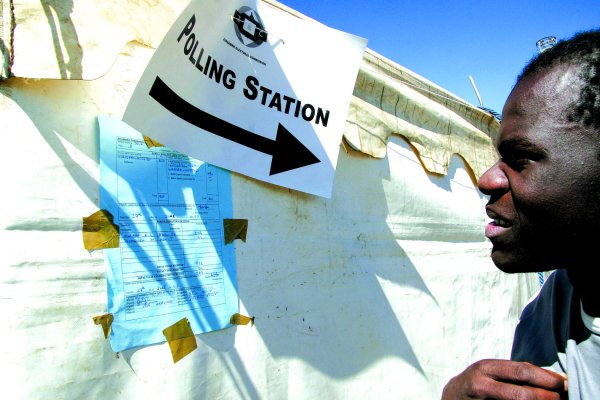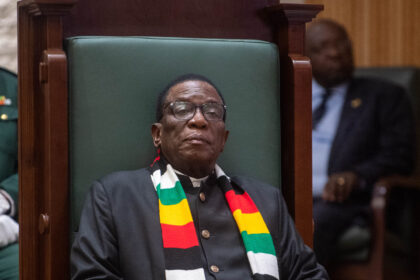Here is why ZEC will not conduct a proper delimitation
Legal watchdog Veritas Zimbabwe has poured cold water on the delimitation exercise that is being conducted by the Zimbabwe Electoral Commission (ZEC) arguing that it will be affected by time.
The delimitation results to be used for the 2023 general elections the final report needs to have been gazette by 28 January 2023.
While the process is expected to be tedious, ZEC has about two months to do the actual delimitation, so that it can allow itself some time to compile the report.
The first draft will be presented to the President who will have 7 days to table it before Parliament.
Parliament on the other hand has about 14 days to scrutinize the delimitation report before returning it to the President, who will forward it back to ZEC.
However, in its election watch series, Veritas Zimbabwe believes the decision that was taken to ignore the amended Census and Statistic Act, will come back to bite the government.
The last delimitation was done in 2008 and a lot of things have changed, and Veritas is of the view that there is a need for a thorough delimitation.
However, there is little time.
‘’The last delimitation was conducted in 2008, fifteen years ago, and there were complaints then that constituency boundaries had been gerrymandered – i.e. manipulated. With each passing year, more voters will have died, moved home, or left the country and more new voters will have been registered.
‘’After such a long time there is a pressing need for a careful, thorough delimitation, but in the short time remaining before the next election what hope is there of carrying it out?
‘’There is little point in asking who is to blame for this situation, but it is worth noting that it has arisen through a disregard for the law. The problem of lack of time between the census due in 2022 and the delimitation due before the election in 2023 was foreseen and timely steps were taken to meet it by amending the Census and Statistics Act.
‘’That amendment was disregarded, however, and the census was held illegally this year as if the Act had never been amended. As a result, there will not be a proper delimitation and the democratic credibility of next year’s general election will be prejudiced.
‘’Disregard for the rule of law leads inevitably to bad governance,’’ said Veritas Zimbabwe in its election watch.
Just a few weeks ago, Zimbabwe Election Support Network (ZESN) director Ellen Dingani told journalists during a Media Elections Academy that the history of delimitation in the country is giving a lot of people anxiety.
She highlighted that stakeholders have generally been ignored in the past three (2000, 2005, and 2008) delimitation exercises that have been conducted.
Currently, there is no clarity on how ZEC is going to get input from stakeholders and citizens with regard to the delimitation report.
ZEC published its delimitation roadmap which set out a timetable for the delimitation that will happen before the 2023 general elections.
The election management body then followed up with a Gazette notice in May announcing the commencement of delimitation and the closing of the voters roll for that purpose.
Importance of Delimitation
Elections in Zimbabwe must be held on the basis of universal adult suffrage and equality of votes. This is stated in section 155(1)(c) of the Constitution. The need for equality of votes is echoed in international conventions and instruments to which Zimbabwe is a party: for example in article 21(3) of the Universal Declaration of Human Rights, article 25(b) of the International Convention on Civil and Political Rights, and the definition of “free elections” in the SADC Principles and Guidelines Governing Democratic Elections.
Equality of votes, or equal suffrage as it is sometimes called, means that all votes must be of equal weight: the vote cast by any one voter must not count for more than the votes cast by other voters. If there are only 500 voters in constituency A, for example, while there are 5 000 in constituency B then the votes cast to elect a Member of Parliament for constituency A have ten times more weight than the votes cast to elect a Member for constituency B. Such a discrepancy is a negation of democracy.
To ensure equality of votes, constituencies must be delimited so that, so far as possible, there are equal numbers of voters in each constituency. We noted earlier that this is laid down in section 161 of the Constitution, though the section allows voter numbers to vary by up to 20 percent above or below the average. Equality of votes is not the only requirement for a democratic election – obviously not – but it is a prerequisite because if some votes count more than others the election cannot be truly democratic. #ElectionsZW
Here is why ZEC will not conduct a proper delimitation
Here is why ZEC will not conduct a proper delimitation



